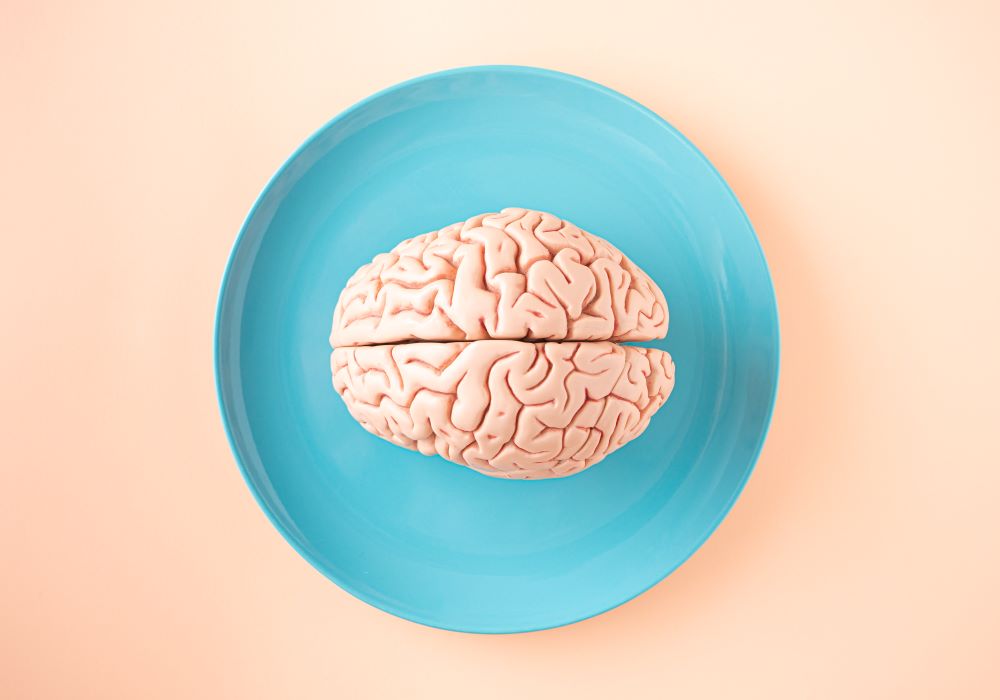Weight and memory are intricately connected, according to new science.
Obesity is a multifaceted health challenge that affects millions worldwide. It has long perplexed scientists and healthcare professionals. Recent research conducted at the Perelman School of Medicine at the University of Pennsylvania has unearthed a fascinating link between memory and appetite regulation in the human brain, shedding light on why some individuals are more prone to obesity. The research, published in Nature, underscores the importance of understanding neural connections.
This discovery challenges conventional wisdom about obesity, emphasizing that it’s not merely a matter of willpower but rather a complex interplay of neurobiological factors. Disrupted connections between specific brain circuits that are responsible for memory and appetite regulation have been identified as a key factor in obesity. This phenomenon is particularly pronounced in individuals with disordered eating habits, including those with binge eating disorder (BED).
The study’s senior author, Casey Halpern, MD, an associate professor of Neurosurgery and Chief of Stereotactic and Functional Neurosurgery at Penn Medicine, explained that the brains of some individuals exhibit fundamental differences in regions associated with obesity risk. These differences are especially pronounced in individuals with disordered eating habits. The study suggests that addressing obesity requires more than willpower; it demands a deep understanding of the neural circuitry involved.

The study focuses on two critical brain regions:
- The dorsolateral hippocampus (dlHPC), responsible for memory processing, and
- The lateral hypothalamus (LH), responsible for maintaining bodily stability, known as homeostasis.
Previous research had already hinted at a connection between obesity and the human hippocampus, particularly in individuals with disorders like BED. However, studying the hippocampus’s role in obesity has been challenging without advanced imaging techniques.
In a remarkable twist, researchers monitored the brains of participants in the Epilepsy Monitoring Unit as they anticipated and received a sweet treat—a chocolate milkshake. They observed simultaneous activation in both the dlHPC and LH when participants anticipated this rewarding meal.
This finding was further confirmed by stimulation techniques pioneered by coauthors from Mayo Clinic, Kai Miller, MD, PhD, and Dora Hermes Miller, PhD. The specific zone of the hippocampus, the dlHPC, exhibited strong connectivity with the LH.
In individuals with obesity, researchers found that the impairment of the hypothalamus-hippocampus circuit correlated directly with their body mass index (BMI). In other words, the higher the BMI, the more disrupted the connection between these brain regions.
To further validate this neural connection, Halpern’s team used a technique called “brain clearing” to analyze brain tissue. This analysis revealed the presence of melanin-concentrating hormone (MCH), a hormone known to regulate feeding behavior and produced in the LH. Crucially, MCH was found in the dlHPC, confirming a clear link between these two regions.
“The hippocampus has never been targeted to treat obesity or the disordered eating that can sometimes cause obesity,” said Halpern. The research opens the door to identifying individuals at risk of developing obesity and developing innovative therapies, both invasive and non-invasive, to restore the proper functioning of this critical neural circuit.
The groundbreaking research conducted at the University of Pennsylvania offers a fresh perspective on obesity—one that recognizes the complexity of the condition. By understanding the neural connections between memory and appetite regulation, we may pave the way for more effective prevention and treatment strategies. Obesity, it turns out, is not merely a matter of self-control; it’s a puzzle that requires a deeper understanding of the brain.
Sources:
Researchers identify the link between memory and appetite in the human brain to explain obesity


Join the conversation!